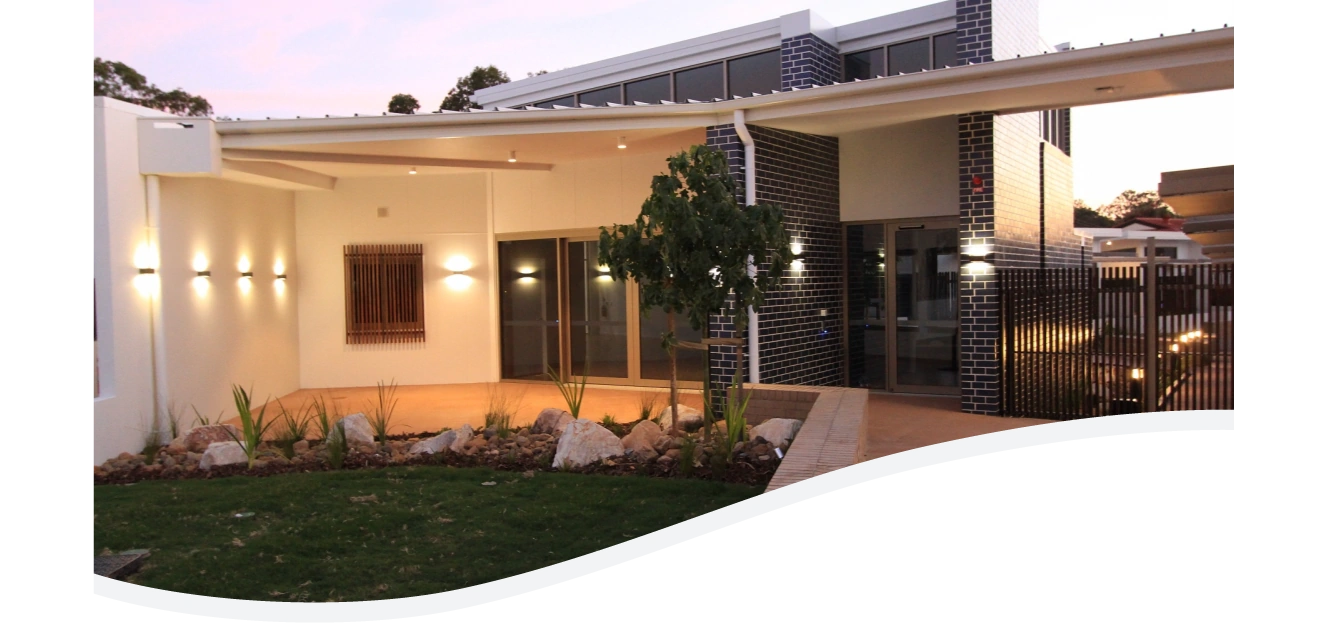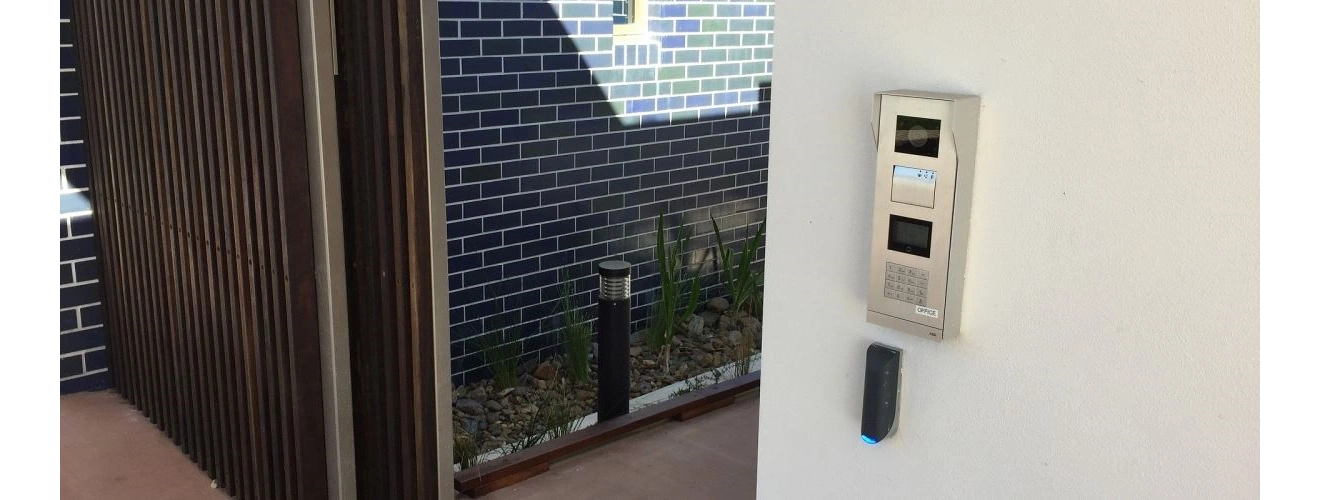
Hands free freedom provides quality of life
For those living with a disability, staying mobile is vital in maintaining health and independence. The integration between Protege WX and Nedap long range readers has proven crucial in providing young MS patients with the much-needed technology to help them move about more freely.

Freedom and independence through technology
Multiple Sclerosis (MS) is a chronic and potentially disabling disease that affects more than 2.3 million people around the world. For young people living with MS and other progressive neurological diseases, finding age appropriate high care housing is difficult. Many have little choice but to move into aged-care accommodation.
In 2017, MS Queensland, Youngcare, and the Queensland Government joined forces to develop the Albany Creek apartments—a $5.5 million complex purpose-built to accommodate young people with mid to high care needs.
The state of the art apartments were designed using the latest innovative technologies. Lighting, automated doors, entertainment systems, beds, and blinds can all be controlled with the touch of a fingertip, allowing residents to live with more freedom and independence.

Hands free access control
Conventional access control systems require users to present a credential at a card reader. While the days of the magnetic swipe card may be over, contactless RFID technology still has the inconvenience factor of a short read range which can be a hassle when your hands are full and your credential is in your wallet or pocket. For those living with a disability, this becomes more problematic, even more so for those that are confined to a wheelchair.
Due to the difficulties in presenting a standard access control card, the Albany Creek apartments utilize Nedap long range uPASS Access readers in conjunction with ICT Protege WX to provide the residents with safe and secure access while offering the convenience of hands free door control. Everything has been automated so that when a resident wheels their chair up to a door, it opens for them automatically.
The uPASS Access readers are small enough to fit on doorposts and can read access credentials at a distance of up to 2 meters (6 feet). This makes them ideal for wheelchair users, but they are also well suited for anywhere that hands free building access is required, including hospitals and lab clean-rooms, warehouses, and high-volume entrances in office buildings and at universities.


Nedap and Protege WX
Mike Knowland, ISCS Queensland Manager, says the project has been a great showcase for the flexibility of the ICT Protege WX system and its ability to integrate with third-party readers.
"Integration and open technology has always been a key focus at ICT and the reader ports on Protege hardware can be configured for either Wiegand or RS-485 reader operation. This allows you to choose between intelligent RS-485 for fast flexible and secure communication, or Wiegand for compatibility with any standard card reader, giving you the flexibility to choose the reader that best suits your needs" adds James Robinson, ICT's APAC Sales Director.

Looking to the future
According to integrator Norm Larden, Managing Director of NASA Electronic Security Systems, the system has been so successful, MS Queensland is likely to install a similar solution for a 3-story unit at Mater Hospital.
They’ve been very impressed with how easy it is for patients to use – that’s the key to this installation – what it has done for the kids in terms of giving them the ability to go through doors on their own. That freedom of movement is a significant increase to quality of life for these youngsters."

